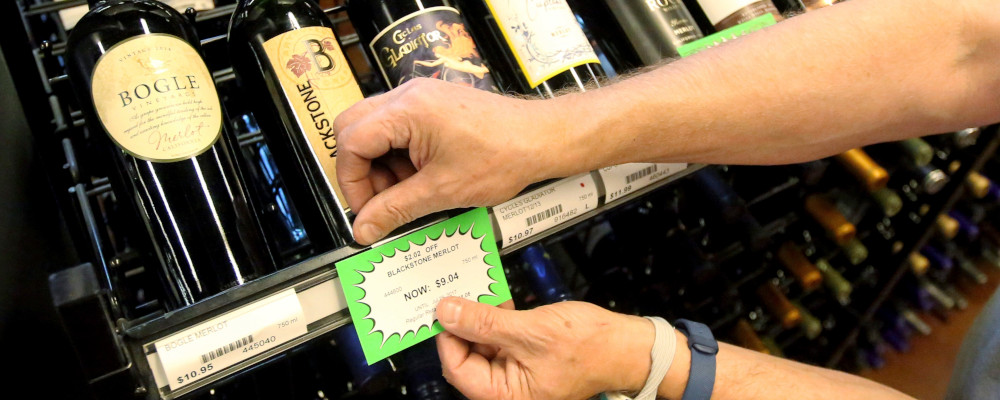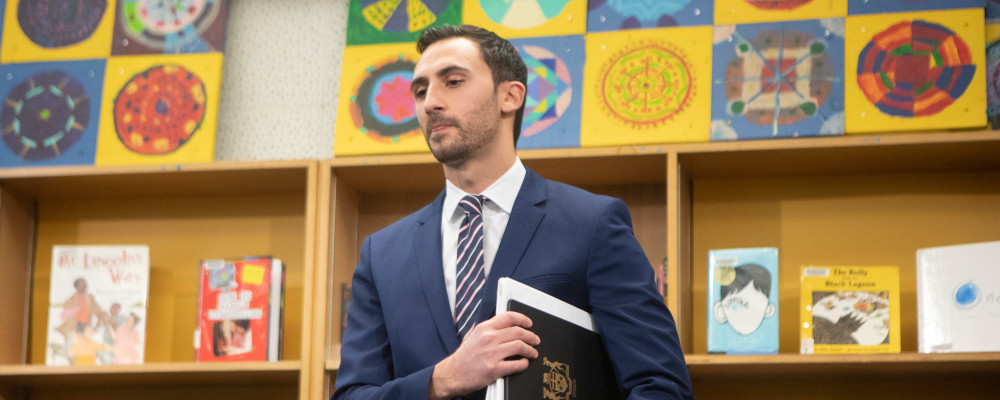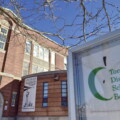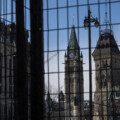OpenTable is as good a canary as the hospitality coal mine could get. The San Francisco-based restaurant booking service tracks reservations in real time. OpenTable is a dominant player in the Toronto market, and the news from the internet this week was not good. The Toronto Star reported that the service saw a “double digit decline” in restaurant going: a 10 percent loss of diners year over year for the first 10 days of September alone.
Interest rates are gobbling up discretionary spending. If you’re vulnerable to this, as I suspect many if not most bourgeois Canadians are, then you’re cutting back. Maybe you’re making BLTs or grilled cheese instead of going out for lunch on the weekend. Or maybe (and the OpenTable stats can’t tell us this), if you do go out you’re not ordering from the bottom half of the wine list. The belt is tightening.
Times are all of a sudden tough, and I wonder if the market for $30 to $50 retail wines will suffer. (These would be $80 to $200 on a restaurant wine list, at least in Toronto, Montreal, Calgary, and Vancouver.) I stopped wondering about this when I went to a pretty mind-blowing tasting this week.

As most mind-blowing wine tastings (sadly) go, this one was for wines that retail around $100 a bottle. The wines were from Chile, but not the hot, dry, parts of Chile that most bottles we see are. Vinos Baettig wines are from the South of Chile, 600 kilometres south of Santiago in what vigneron Carlos de Carlos calls the country’s “lake district,” or the foothills of the Andes in what are the beginnings of Chilean Patagonia.
Baettig specializes in Chardonnay and Pinot Noir, two grapes that do best in cool climates. The Baettig vineyards sit between 400 and 600 metres above sea level on a hill that was twice a volcano, 15 and then 5 million years ago. 40 kilometres from the Pacific Ocean, de Carlos explained that there is almost always a cool Antarctic wind blowing on the vines.
The Chardonnays were lean, flinty, and mineral like a Chablis, but intense in fruit like a Meursault. They were complex and perfectly in balance, and finished long into stone fruit. The Pinot Noirs were alive with cranberry red fruits on the attack and then calming with roses on the finish.
The wines were excellent, but the real thrill was the reminder that the world of wine is itself alive and ever-evolving. Another Chilean wine pioneer, Eduardo Chadwick of Viña Errázuriz, remarked recently in an interview that “fine wine” isn’t really that old, if you take 1855 as a kind of Year Zero that saw the first classification of the wines of Bordeaux. The tasting was a reminder to me that the wine world is really just getting started.
Baettig makes a point of putting its appellation, D.O. Traiguen, prominently on the bottle. At the tasting, there was a special guest, in the form of another winemaker from the Southern Hemisphere. Andrea Mullineux makes wine with her husband Chris in South Africa.
Mullineux’s red Syrah and white Chenin Blanc wines are also excellent, and can get well into the $100 a bottle range. They also proudly advertise their region, Swartland, which was twenty years ago considered a backwater suitable for making bulk wine or wine for making brandy and not much else.
I met Mullineux in Cape Town in 2012 when her winery and rag-tag group of young winemakers from Swartland took South Africa’s big wine show by storm. Just a bit more than a decade later, it’s fascinating to see how Mullineux has become a global brand, at least in the world of top sommeliers, and how Swartland has become itself an established and recognized South African region, as respected as Stellenbosch, Paarl, or Franschhoek.

New things in the wine world also come from the Old World. I was reminded of that this week when I tasted the 2020 El Petit Bonhomme. This zippy red wine is a blend of Monastrell (Mourvèdre), Garnacha (Grenache), and Syrah from the Jumilla region in the Southeast of Spain.
Jumilla, like Swartland, until recently was known as a place to grow quantities of wine grapes, and not so much for their quality. It was dominated by co-operatives, but a move towards the production of fine wines has made it an emerging region that has caught the interest of vignerons like Nathalie Bonhomme.
Nathalie Bonhomme is a Montrealer who found herself in Spain working as an exporter and marketer to some of the country’s most renowned winemakers, pioneers themselves, twenty years ago. She’s used that experience to make her own line of wines, sourced across Spain, which she exports back to Canada and the rest of the wine-drinking world.
El Petit Bonhomme is juicy, fresh, and alive, but also deeply concentrated in black fruits and Mediterranean scrubby herbal notes. It’s a lovely quaffer and it will retail (in Ontario) for $16.95 a bottle, which leaves room to pay for interest rates while enjoying the ever-evolving world of wine.
Recommended for You
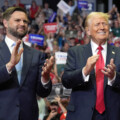
The Week in Polling: Young Canadians delay milestones due to high costs, Liberals lose the youth vote, and most Canadians fear a Trump-Vance White House

Malcolm Jolley: Cool Chardonnays for warm days

Malcolm Jolley: The LCBO strike was a spectacular misstep

Malcolm Jolley: Doug Ford is right. The LCBO has long outlived its purpose

